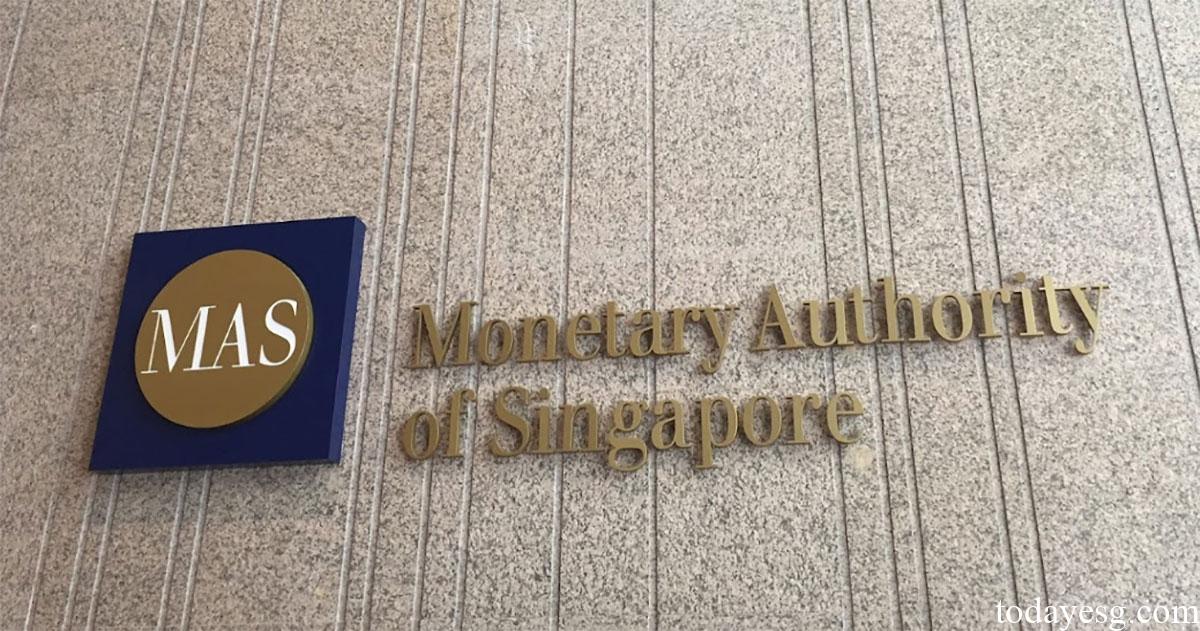MAS Announces Net Zero Plan for Financial Industry
The Monetary Authority of Singapore (MAS) announced the launch of the Net Zero plan in the financial industry, aiming to promote the net zero transition and decarbonization in Singapore and Asia.
The Net Zero Action Plan has expanded the scope of the Green Finance Action Plan and included transition finance. Transition finance refers to the use of financial services such as investment, loans, and insurance to provide support for decarbonization in other industries.
Challenges Faced by Net Zero Development
MAS believes that there are still many gaps between the current net zero development and the original plan. Although green technology and green activities are actively developing, they only account for 8% of the global economy. In order to achieve net zero emissions by 2050, the world needs to reduce greenhouse gas emissions by 45% by 2030. However, global emissions are currently continuing to rise. Based on existing development, there is still a 55% gap from the 2030 emission reduction target.
At the same time, investment in the net zero plan is also lower than expected. In order to achieve net zero emissions by 2050, the world needs to invest $9.2 trillion annually, while the current global annual investment is only $5.7 trillion. Although countries have introduced private capital to participate with public funds, the annual investment scale of such mixed financing is less than $10 billion.
As an important player in global development, Asia accounts for half of the global total greenhouse gas emissions. 85% of energy consumption in Asia comes from fossil fuels, and energy demand will double by 2030. Therefore, the net zero development in the Asian region is related to the success or failure of the global plan.

Goals of Net Zero Plan
MAS has set four goals for the Net Zero Program, which are:
- Data, definitions, and disclosures. MAS plans to strengthen consistent, comparable, and reliable climate data disclosure to assist financial market participants and reduce the risk of greenwashing. MAS will conduct public consultations on ESG ratings and data providers in the second half of the year to gather opinions on how to consider transition risks. In addition, MAS will also promote cross-border green financing, and cooperate with institutions such as the Singapore Exchange to provide listed companies with information disclosure in line with ISSB standards and improve sustainable development reporting capabilities;
- Climate resilient financial sector. MAS plans to continue collaborating with financial institutions to improve environmental management capabilities and identify climate related financial risks through climate scenario analysis and stress testing;
- Credible transition plan. In order to support financial institutions in adopting scientific transition plans, MAS is preparing to collaborate with institutions such as the International Energy Agency to develop credible decarbonization plans. Financial institutions can refer to these plans and take action in decarbonization;
- Green solutions and markets. MAS plans to expand the issuance scope of sustainable bonds and loans, and include transition bonds and loans, so as to ensure that these green finance instruments comply with internationally recognized classifications and transitional financial principles. MAS will continue to encourage issuers to adopt sustainable disclosure in order to enhance the transparency of the sustainable debt market. In the carbon market, MAS will continue to expand the scale of mixed financing, raise funds for carbon intensive industries, and support the development of the carbon credit market;
Subsequent Activities for MAS
To achieve the net zero plan, MAS has set two activity directions, namely:
- Develop green finance technology. Provide innovative solutions for the net zero transition of financial institutions and enterprises, and develop digital programs to verify the source, access, and calculation of sustainable data;
- Increase research and training. Reserve the talents required for net zero transition and continue to conduct sustainable research and development in Asia;
Reference:








